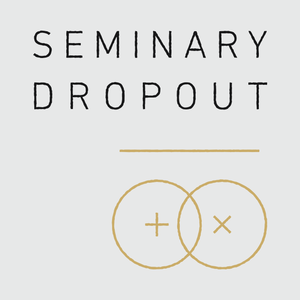
Seminary Dropout
Shane Blackshear: Interviews with N.T. Wright, Christena Cleveland, Greg Boyd & More!
- 55 minutes 16 secondsDale Allison on Religious Experiences and the Resurrection

Dale C. Allison, Jr., is the Richard J. Dearborn Professor of New Testament at Princeton Theological Seminary, USA, and the author of many books, including Constructing Jesus: Memory, Imagination, and History and the International Critical Commentary on James.


Despite widespread skepticism on the matter, a significant number of people today have stories of religious experience—moments of inexplicable terror or rapturous joy, visions, near-death experiences of the afterlife, encounters with angels, heavenly voices, and premonitions. How should rationally minded people respond?
From the Publisher
What would your reaction be if someone told you that, one night while sitting alone, she saw through the window a brilliant light descend from the sky until it was so large that it filled the room—and that it radiated a feeling of “pure love”? And what would you say if a friend confided that one night he woke up and could not move, felt he was being suffocated, and sensed an evil spirit in the room?
By default in the secular age we are skeptical about anything mysterious or supernatural. More likely than not, most people would respond to the stories above with embarrassment and concern about the person’s grasp of reality, or they would attempt to explain them away through rational or scientific means. But the truth is that religious experiences like these are not as uncommon as they seem—although talking about such experiences often is. This is the case even in a faith tradition such as Christianity, despite the Bible’s numerous accounts of miraculous and mysterious happenings.
In Encountering Mystery, noted biblical scholar Dale Allison makes the argument that stories of religious experience are meaningful and not to be marginalized—and that we have a moral prerogative to lovingly engage with such stories regardless of whether we have had similar experiences. Through a close look at phenomena such as moments of inexplicable terror or rapturous joy, visions, near-death experiences of the afterlife, encounters with angels, heavenly voices, and premonitions, Allison shows how ordinary practices of faith need not be at odds with individual religious experiences. Above all, he enjoins us to be honest about the persistence of religious experience in a secular age and to make space for those who encounter mystery in their lives.Subscribe/Rate/Review Seminary Dropout on Apple Podcasts
Get 40% off Shane’s book Go and Do: Nine Axioms on Peacemaking and Transformation From the Life of John Perkins.
24 December 2023, 7:46 am - 22 minutes 31 secondsSome Big Life News from Shane

In this special episode, Shane brings an update about a significant change in his life (which might lead to a change in the podcast title), and talks about what that will mean for the future of the podcast.
As always, thanks for listening (and if you missed it, be sure to check out the conversation with N.T. Wright from the previous episode)
Subscribe/Rate/Review Seminary Dropout on Apple Podcasts
Get 40% off Shane’s book Go and Do: Nine Axioms on Peacemaking and Transformation From the Life of John Perkins.
4 December 2023, 11:58 pm - 47 minutes 8 secondsA Deep Dive Into the Heart of Romans With N. T. Wright
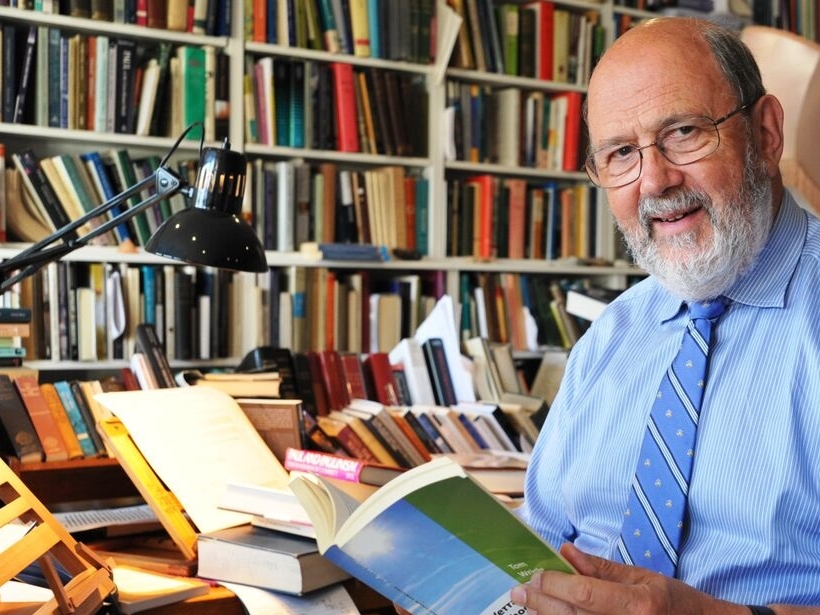
N. T. Wright is the former Bishop of Durham in the Church of England and one of the world’s leading Bible scholars. He serves as the chair of New Testament and Early Christianity at the School of Divinity at the University of St. Andrews as well as Senior Research Fellow at Wycliffe Hall, Oxford University. Wright is the award-winning author of many books, including Paul: A Biography, Simply Christian, and Surprised by Hope.
You can get everything from N. T. Wright at NTWrightonline.org.

Romans is often and for good reason considered a crux of Christian thought and theology, the greatest of Paul’s letters. And within Romans, chapter 8 is one of the most spectacular pieces of early Christian writing.
But to many readers, Romans can be a deceptively difficult book. Its scope and basic meaning may be clear, but it can be hard to see how it all fits together into a cohesive, if complex, doctrinal argument.
N. T. Wright—widely regarded as the most influential commentator and interpreter of Paul—deftly unpacks this dense and sometimes elusive letter, detailing Paul’s arguments and showing how it illuminates the Gospel from the promises to Abraham through the visions of Revelation. Wright takes a deep dive into Romans 8, showing how it illuminates so much else that God reveals in Scripture: God the Father, Christology, and the Spirit; Jesus’ Messiahship, cross, resurrection, and ascension; salvation, redemption, and adoption; suffering and glory; holiness and hope.
Into the Heart of Romans will help you become familiar with the book of Romans in a deeper way that will also deepen your understanding and appreciation of the Gospel itself.
From the PublisherSubscribe/Rate/Review Seminary Dropout on Apple Podcasts
Get 40% off Shane’s book Go and Do: Nine Axioms on Peacemaking and Transformation From the Life of John Perkins.
18 October 2023, 7:00 pm - 1 hour 4 minutesEsau McCaulley on How Far To The Promised Land

Rev. Esau McCaulley, PhD is an author and associate professor of New Testament at Wheaton College. His writing and speaking focus on New Testament theology, African-American Biblical interpretation, and Christian public theology.
His new memoir How Far to the Promised Land, questions the narrative of exceptionalism that he, and other Black survivors, are conditioned to give when they “make it” in America. His book Reading While Black: African American Biblical Interpretation as an Exercise in Hope won numerous awards, including Christianity Today’s Book of the Year.
Esau is a contributing opinion writer for the New York Times. His writings have also appeared in The Atlantic, Washington Post, and Christianity Today.
Find Esau McCaulley at esaumccaulley.com.

For much of his life, Esau McCaulley was taught to see himself as an exception: someone who, through hard work, faith, and determination, overcame childhood poverty, anti-Black racism, and an absent father to earn a job as a university professor and a life in the middle class.
But that narrative was called into question one night, when McCaulley answered the phone and learned that his father—whose absence defined his upbringing—died in a car crash. McCaulley was being asked to deliver his father’s eulogy, to make sense of his complicated legacy in a country that only accepts Black men on the condition that they are exceptional, hardworking, perfect.
The resulting effort sent McCaulley back through his family history, seeking to understand the community that shaped him. In these pages, we meet his great-grandmother Sophia, a tenant farmer born with the gift of prophecy who scraped together a life in Jim Crow Alabama; his mother, Laurie, who raised four kids alone in an era when single Black mothers were demonized as “welfare queens”; and a cast of family, friends, and neighbors who won small victories in a world built to swallow Black lives. With profound honesty and compassion, he raises questions that implicate us all: What does each person’s struggle to build a life teach us about what we owe each other? About what it means to be human?
How Far to the Promised Land is a thrilling and tender epic about being Black in America. It’s a book that questions our too-simple narratives about poverty and upward mobility; a book in which the people normally written out of the American Dream are given voice.
From the PublisherSubscribe/Rate/Review Seminary Dropout on Apple Podcasts
Get 40% off Shane’s book Go and Do: Nine Axioms on Peacemaking and Transformation From the Life of John Perkins.
13 September 2023, 2:50 am - 53 minutes 44 secondsJohn Barclay on Paul and divine gift-giving

John M. G. Barclay is Lightfoot Professor of Divinity at Durham University in England, one of the most highly regarded professorships in the theological world.
John is President of TRS-UK, the body that represents and coordinates all the Departments of Theology and Religion/Religious Studies in the UK, together with twelve subject associations. Out of the study, he enjoys cycling, music, and watching rugby. Having spent three sabbatical periods in New Zealand (where Dan, the editor of Seminary Dropout, is based), he is also a fan of their national rugby team, the All Blacks!
John is married to Diana, and they have three grown children.
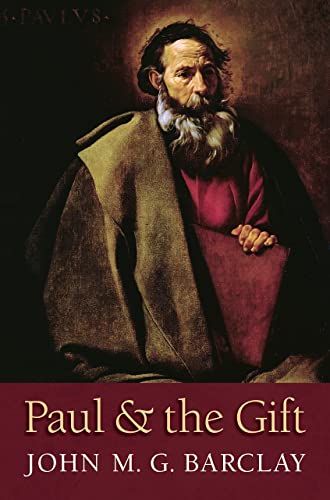
In this book esteemed Pauline scholar John Barclay presents a strikingly fresh reading of grace in Paul’s theology, studying it in view of ancient notions of “gift” and shining new light on Paul’s relationship to Second Temple Judaism.
Paul and the Gift centers on divine gift-giving, which for Paul, Barclay says, is focused and fulfilled in the gift of Christ. He offers a new appraisal of Paul’s theology of the Christ-event as gift as it comes to expression in Galatians and Romans, and he presents a nuanced and detailed discussion of the history of reception of Paul. This exegetically responsible, theologically informed, hermeneutically useful book shows that a respectful, though not uncritical, reading of Paul contains resources that remain important for Christians today.
From the PublisherSubscribe/Rate/Review Seminary Dropout on Apple Podcasts
Get 40% off Shane’s book Go and Do: Nine Axioms on Peacemaking and Transformation From the Life of John Perkins.
28 July 2023, 12:54 pm - 1 hour 5 minutesKyuboem Lee on the disruptions to Christian higher ed, especially theological education

Dr. Kyuboem “Kyu” Lee was born in Seoul, South Korea and raised in Nairobi, Kenya. He was educated in evangelical and reformed institutions in the US. He has lived, church planted, and ministered cross-culturally in Philadelphia since 1993. He has also taught urban mission at the graduate level since 2006, has edited the Journal of Urban Mission since 2010, and serves as a leading voice with Missio Alliance. Kyuboem is married to Christe and is the father of two sons, Amoz and Theo.
You can follow Kyuboem on Twitter, @kyuboem.
In this episode, Kyu and Shane talk all things seminary – from the challenges Christian higher-ed currently faces, to its importance for the local Church… and not shying away from the irony of appearing on a podcast hosted by someone who dropped out of seminary.
Subscribe/Rate/Review Seminary Dropout on Apple Podcasts
Get 40% off Shane’s book Go and Do: Nine Axioms on Peacemaking and Transformation From the Life of John Perkins.
12 May 2023, 12:50 pm - 49 minutes 28 secondsJohn Walton’s Wisdom for Faithfully Reading the Old Testament

John H. Walton is a professor of Old Testament at Wheaton College and Graduate School. Previously he was a professor of Old Testament at Moody Bible Institute in Chicago for twenty years.
Some of Walton’s books include The Lost World of Adam and Eve, The Lost World of Scripture, The Lost World of Genesis One, Ancient Near Eastern Thought and the Old Testament, The Essential Bible Companion, The NIV Application Commentary: Genesis, and The IVP Bible Background Commentary: Old Testament (with Victor Matthews and Mark Chavalas).
Walton’s ministry experience includes church classes for all age groups, high school Bible studies, and adult Sunday school classes, as well as serving as a teacher for “The Bible in 90 Days.” John and his wife, Kim, live in Wheaton, Illinois, and have three adult children.
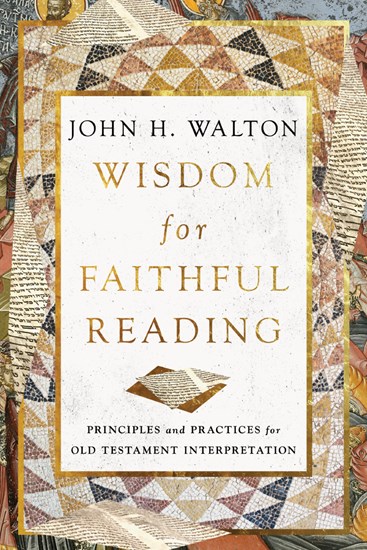
The church has too often lost its way in reading the Old Testament for lack of sound principles of interpretation. When careless habits get us off track, we can lose sight of what the Bible is really saying, derailing our own spiritual growth and even risking discredit to God’s word.
We need a consistent approach to give us confidence as faithful interpreters. In Wisdom for Faithful Reading, the trusted Old Testament scholar John Walton lays out his tried-and-true best practices developed over four decades in the classroom. His principles are memorable, practical, and enlightening, including:
- The Bible is written for us, but not to us.
- Reading the Bible instinctively is not reliable and risks imposing a foreign perspective on the text.
- More important than what the characters do is what the narrator does with the characters and what God is doing through the characters.
- Not everything has a “biblical view.”
Along with identifying common missteps, Walton’s insights point the way to stay focused on what the Old Testament text communicated to its original audience—and what it has to say for us today. When we submit ourselves to be accountable to the authors’ intentions we experience the true authority of Scripture, and faithful reading fuels a faithful life.
Using numerous examples across the breadth of the Old Testament and its genres, Walton equips thoughtful Christians to read more knowledgeably, to pay attention to God’s plans and purposes, to recognize good interpretations, and to truly live in light of Scripture. You may never read the Old Testament the same way again.
From the PublisherSubscribe/Rate/Review Seminary Dropout on Apple Podcasts
Get 40% off Shane’s book Go and Do: Nine Axioms on Peacemaking and Transformation From the Life of John Perkins.
31 March 2023, 12:47 pm - 46 minutes 40 secondsBen Sternke and Matt Tebbe on Having the Mind of Christ (and getting kids to eat vegetables)

Both Ben Sternke and Matt Tebbe have over two decades of Christian ministry experience and they’ve been coaching, consulting, and training leaders since 2010. Together, they co-founded Gravity Leadership, where they coach and consult pastors and ministry leaders worldwide in transformational leadership and discipleship.
Ben and Matt are co-pastors at The Table, an Anglican church in Indianapolis (which is where they both live with their families and dogs.
You can follow Ben on Twitter here, Matt on Twitter here, and visit Gravity Leadership’s website for details on coaching, workshops, and resources.
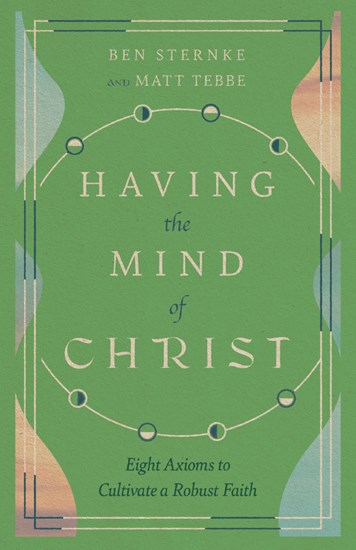
“Why doesn’t the Christian life work like I thought it would?”
While we often start with good intentions, it feels like real transformation is elusive at best, and maybe even impossible. We deeply want to live in the freedom that Christ offers, but we are acutely aware of the gap between a transformed life and our reality. Having the Mind of Christ tackles the issues of lasting life change.
When we feel some kind of inspiration or need to seek change in our lives, we start with behaviors: new to-dos, tactics, techniques, or spiritual disciplines that we hope will bring about the transformation we desire. While these behavioral changes can bear good results, they just as often fail to produce the lasting change we deeply desire. That’s because transformation requires more than a change in practice – it requires a change in paradigm.
Pastors Matt Tebbe and Ben Sternke share eight axioms that help reframe the way that we see God, ourselves, and others. By seeing through new lenses, we can open ourselves to the transformational change that God wants for our lives.
From the PublisherSubscribe/Rate/Review Seminary Dropout on Apple Podcasts
Get 40% off Shane’s book Go and Do: Nine Axioms on Peacemaking and Transformation From the Life of John Perkins.
3 February 2023, 9:07 am - 44 minutes 36 secondsNijay Gupta’s 15 Words of Life from the New Testament

Dr. Nijay Gupta teaches New Testament courses at Northern and working closely with the Master of Arts in New Testament and the Doctor in Ministry in New Testament Context cohorts.
Dr. Gupta has been teaching and writing for more than a decade, and currently serves as the Editor-in-Chief of the Bulletin for Biblical Research, Co-Editor of The Bible in God’s World series with Scot McKnight, and as a member of the Editorial Board of both Ex Auditu and and of the Biblical Interpretation Series.
He is a graduate of Miami of Ohio University, Gordon Conwell Theological Seminary, and the University of Durham.

In 15 New Testament Words of Life, biblical scholar Nijay Gupta explores some of the most important New Testament words; familiar terms in the Christian vocabulary, but there are many who don’t know the original background and theological importance of these words, and how they can be life-giving for Christian faith and life today.
To access the deep meaning of these words in the theological vocabulary of the New Testament writers, Gupta discusses each word within a key text and interprets it in three contexts: Canonical—how the New Testament is grounded in the Old, Literary—the meaning developed within the key text, and Historical—the Jewish and Greco-Roman world of the first century.
For those first hearers of the gospel who chose to follow Jesus, these words were the words of life, and they can be once again for Jesus-followers in the modern world. With Gupta’s skilled guidance, readers will find their engagement with the New Testament revitalized as they begin to understand how these inspiring ancient words can still be captivating, thought-provoking, and worldview-shaping words for real life today.
– From the publisher
(Formerly In Faith & Doubt) Dr. AJ Swoboda and Dr. Nijay Gupta are co-hosts of Slow Theology: Simple Faith for Chaotic Times. Topics include Scripture, theology, and anything and everything under the sun that gives life meaning. Find the podcast here, or in your favourite podcast app.
Subscribe/Rate/Review Seminary Dropout on Apple Podcasts
Get 40% off Shane’s book Go and Do: Nine Axioms on Peacemaking and Transformation From the Life of John Perkins.
2 December 2022, 11:00 am - 46 minutes 6 secondsBonnie Kristian on the ‘Untrustworthy’ News Media

Bonnie is the author of A Flexible Faith: Rethinking What It Means to Follow Jesus Today. As a journalist, she writes opinion pieces on foreign policy, religion, electoral politics, and more. Her column, “The Lesser Kingdom,” appears in print and online at Christianity Today. She is a fellow at Defense Priorities, a foreign policy think tank, and her work has been published at outlets including The New York Times, The Week, USA Today, CNN, Politico, Reason, and The Daily Beast. A graduate of Bethel Seminary, she lives in Pittsburgh with her husband and twin sons.
Her new book, Untrustworthy: The Knowledge Crisis Breaking Our Brains, Polluting Our Politics, and Corrupting Christian Community is out now.
You can follow Bonnie on Twitter, and subscribe to her newsletter on Substack.
Which media outlets will help me be a responsible news consumer? How do I know what is true and whom I can trust? What can I do to combat all the misinformation and how it’s impacting people I love?
Many Americans are agonizing over questions such as these, feeling unsure and overwhelmed in today’s chaotic information environment.
American life and politics are suffering from a raging knowledge crisis, and the church is no exception. In Untrustworthy, Bonnie Kristian unpacks this crisis and explores ways to combat it in our own lives, families, and church communities.
Drawing from her extensive experience in journalism and her training as a theologian, Kristian explores social media, political and digital culture, online paranoia, and the press itself. She explains factors that contribute to our confusion and helps Christians pay attention to how we consume content and think about truth. Finally, she provides specific ways to take action, empowering readers to avoid succumbing to or fueling the knowledge crisis.
From the PublisherSubscribe/Rate/Review Seminary Dropout on Apple Podcasts
Get 40% off Shane’s book Go and Do: Nine Axioms on Peacemaking and Transformation From the Life of John Perkins.
18 November 2022, 1:40 pm - More Episodes? Get the App
Your feedback is valuable to us. Should you encounter any bugs, glitches, lack of functionality or other problems, please email us on [email protected] or join Moon.FM Telegram Group where you can talk directly to the dev team who are happy to answer any queries.
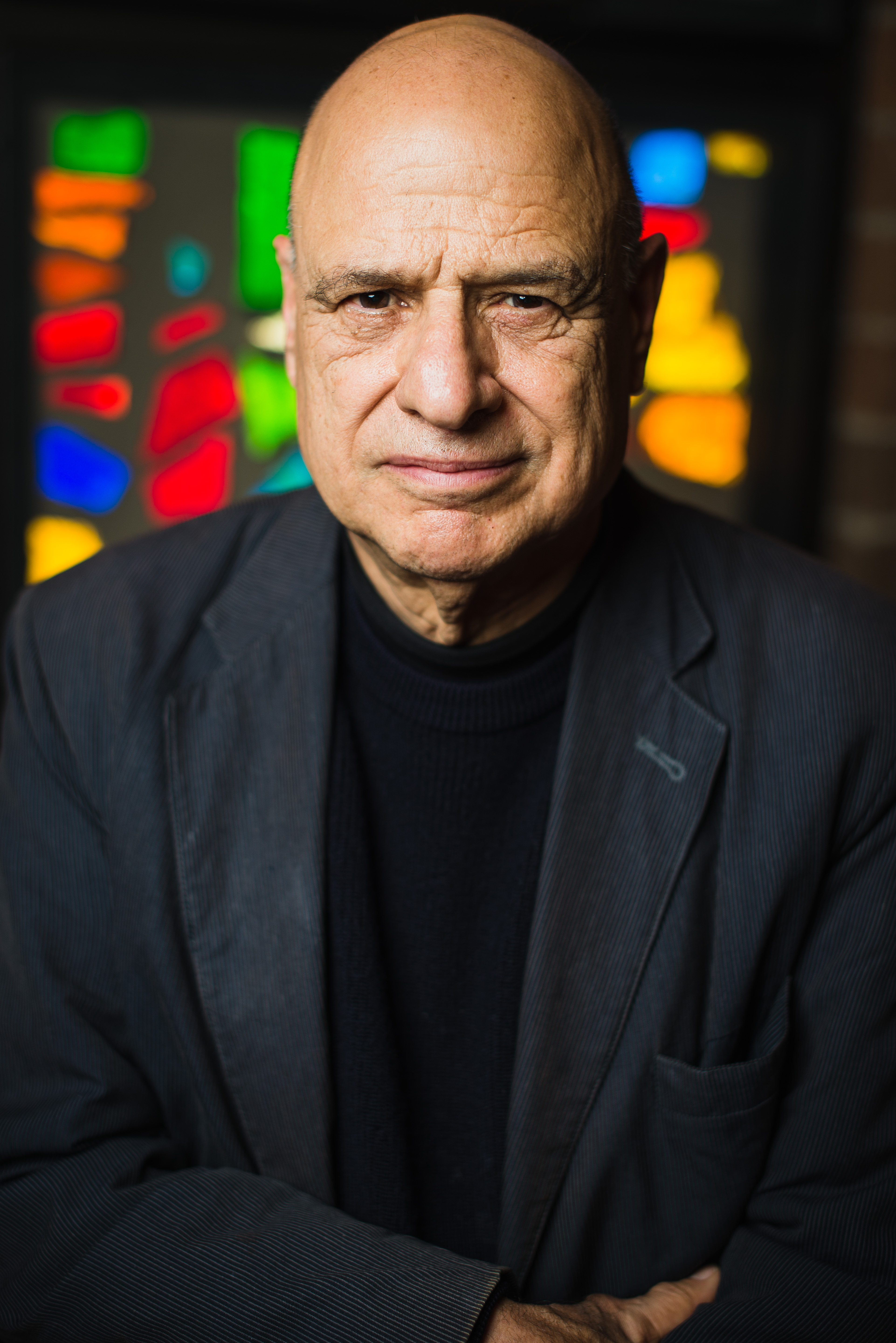
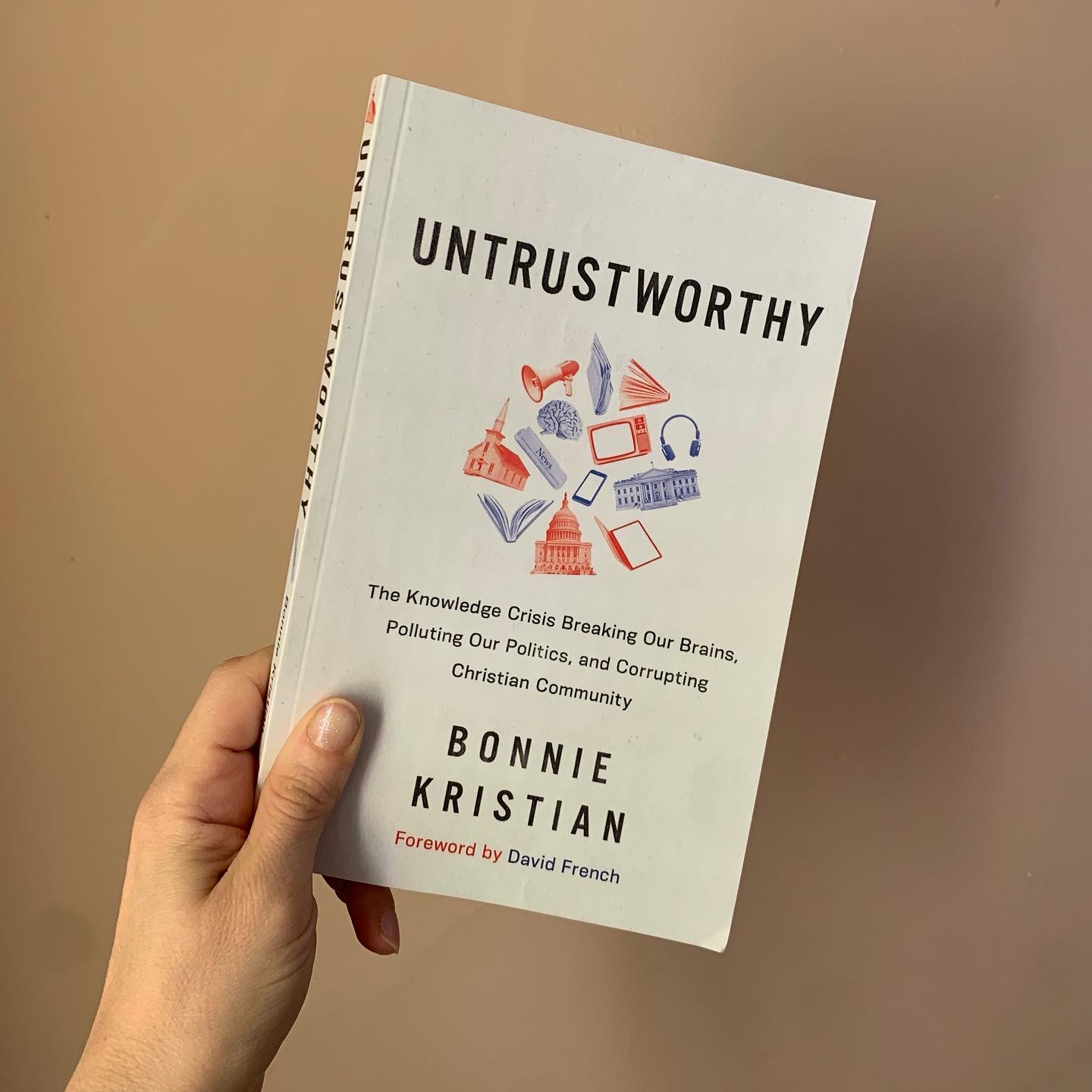
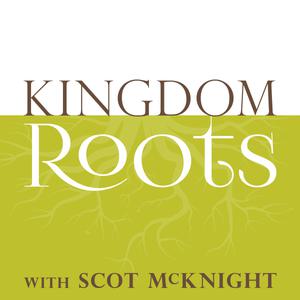 Kingdom Roots with Scot McKnight
Kingdom Roots with Scot McKnight
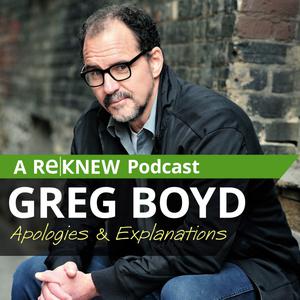 Greg Boyd: Apologies & Explanations
Greg Boyd: Apologies & Explanations
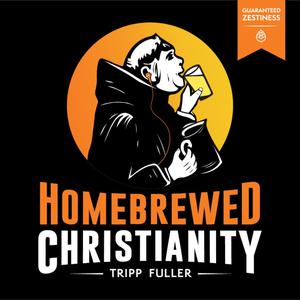 Homebrewed Christianity Podcast
Homebrewed Christianity Podcast
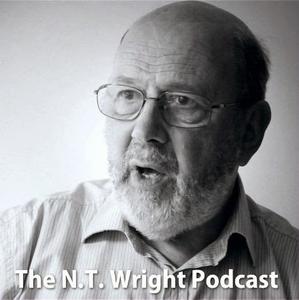 The N.T. Wright Podcast
The N.T. Wright Podcast
 Word of Life Church Podcast
Word of Life Church Podcast
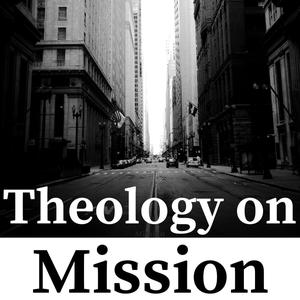 Theology on Mission
Theology on Mission